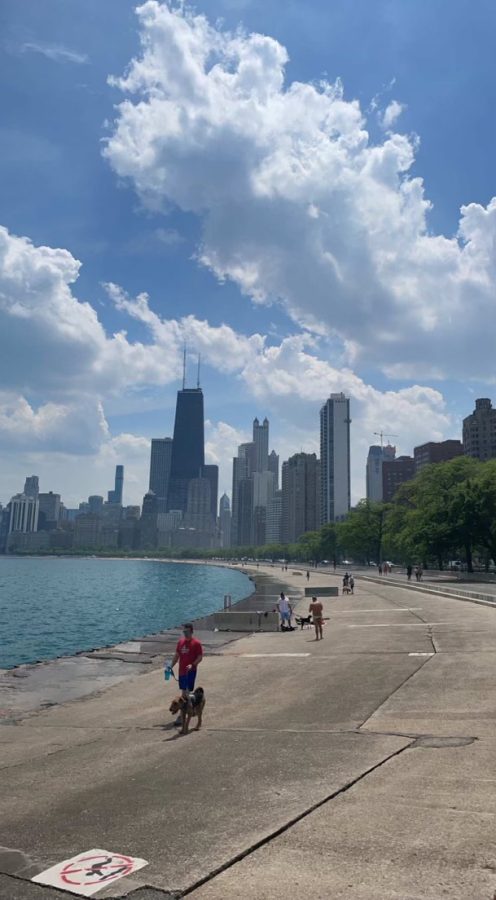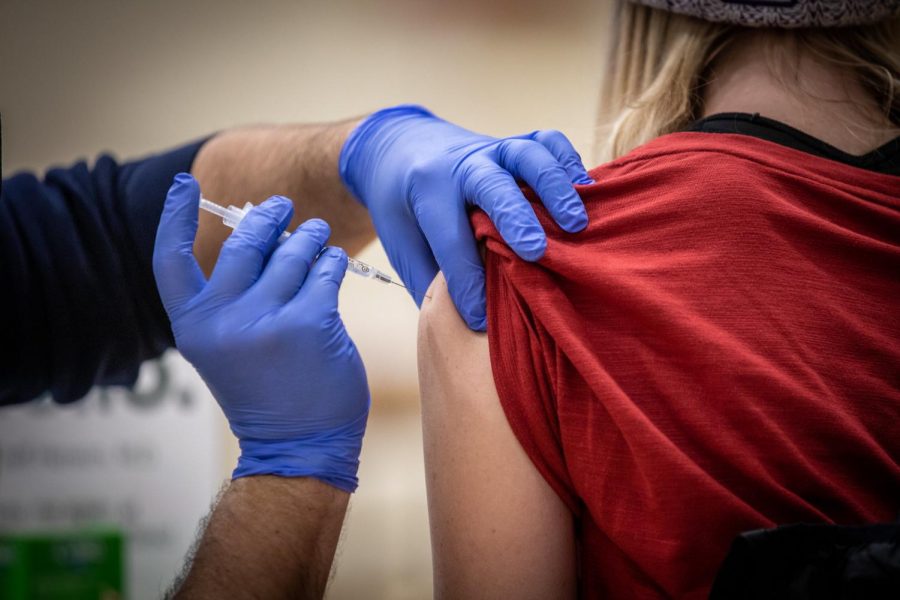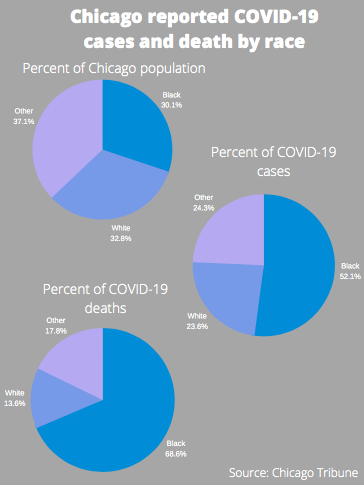Gun control has become a hot-button issue in the wake of multiple mass shootings in 2012, especially the massacre at Sandy Hook Elementary School in Newtown, Conn. Pundits and politicians on both sides of the aisle have begun a serious debate about what to do to reduce gun violence in America, and everyday citizens, including students at Marquette, are following the discussion.
It is unfortunate that it took such tragedy for policy-makers and commentators to initiate real discourse on serious issues like gun control, gun rights, mental health and our society’s overall acceptance of violence in popular culture. However, it is also unfortunate that it takes a tragedy with victims and settings that the majority can easily identify with for people to become extremely concerned with the loss of human life. With this in mind, and while we recognize the horror of mass shootings, we would like to call further attention to the high rate of gang violence incidents across the country, particularly just south of us in Chicago – a place many Marquette students call home.
Roughly 40 percent of students at Marquette are from Illinois. Most of that 40 percent comes from the greater Chicago area. Though the stories about Chicago’s violence usually take a backseat to Aurora, Oak Creek and Sandy Hook, it is well-documented that Chicago had more than 500 murders in 2012, mostly in the city’s south and southwest neighborhoods such as West Englewood, Auburn Gresham and West Pullman. January 2013 alone had at least 42 murders – three times as many as New York, a city with a population about three times larger. The January homicide totals are the worst start to a year for Chicago since 2002.
We certainly acknowledge and respect students’ discussions on gun violence because of events like Sandy Hook, but we also implore students to think critically about what is happening in nearby Chicago. Chicago’s problems cannot be solved by changing a few gun regulations or throwing money at the problem. The city already has some of the strictest gun laws in the country but has had to make massive cutbacks to the police budget. Meanwhile, up to 80 percent of the city’s murders happen because of gang violence.
According to FBI statistics, gang violence is responsible for 48 percent of criminal and violent activity throughout the U.S. Why isn’t gang violence a bigger talking point in the discourse about reducing violence in America? Some believe the issue is not front-and-center because an identifiable solution does not currently exist. It is easy to call for an assault weapons ban, but most shooters use a handgun. It is easy to cite mental health, but those involved are often not mentally ill.
Some speculate another factor could be race. Unlike in Newtown, where the victims were largely white, 70 percent of the 2012 shooting victims in Chicago were black, despite their comprising only 33 percent of the city’s population.
Racial biases and difficult decision-making are both invalid reasons to neglect the murder of hundreds. The Tribune Editorial Board, however, is in no position to guide Mayor Rahm Emanuel or the Chicago Police Department to the solutions. We are, however, perfectly equipped to continually emphasize our community’s Jesuit values, which stress peace, justice and concern for our fellow human beings.
While listening to the debates students are having on gun control, we would like to point out that gun violence did not start in a movie theater in Colorado, a temple in Oak Creek or an elementary school in Connecticut. In fact, those events, while incredibly devastating and crucial to the conversation, do not even make up anywhere near half of the murders in this country. We urge students to continue to have debates and think critically, but in doing so, we hope they consider all incidents and factors when forming a well-intended, educated opinion.
Regardless of whether you are conservative, liberal or somewhere in between, we should continue to have respectful discussions on the different factors that contribute to violence. We should also acknowledge violence everywhere it exists and ask why, instead of only reacting to the flow of high-profile tragedy.
Whether it was with an AR-15, a handgun or no gun, there were too many people killed in this country in 2012. If we track these developments, like we should be doing in Chicago, we can draw conclusions to make sure future years are more peaceful. Whatever the solution may be, making compassion for all human life the first priority is key to finding it.








